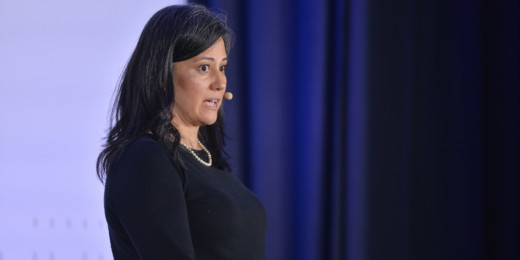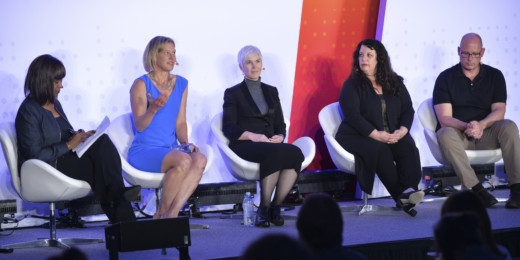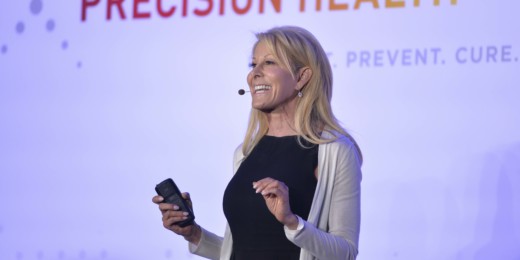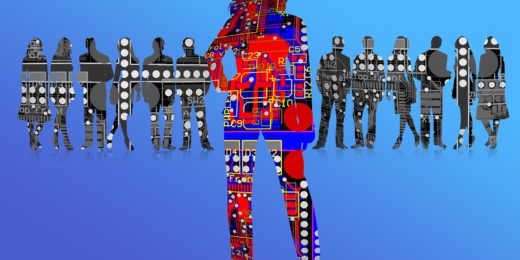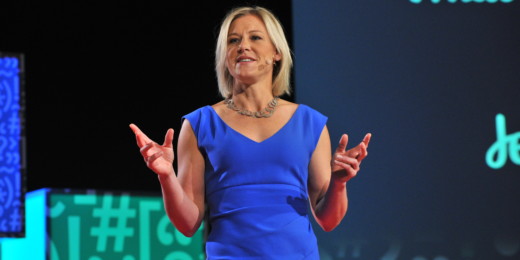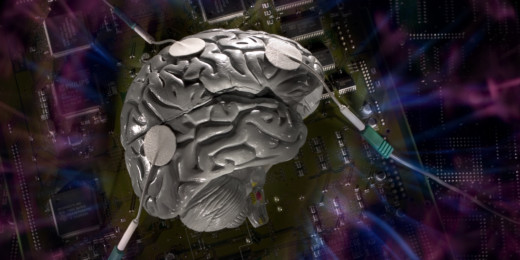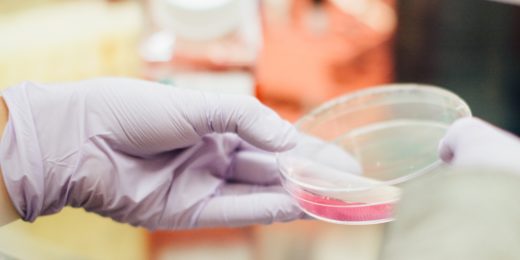At a time when technology is bringing the world closer together, the practice and potential of sharing patient data is beginning to blur the notion of “rare” diseases, and offer more options for identifying and treating conditions previously considered undiagnosed, panelists at a Stanford conference said.
Category: Precision Health
The digital evolution of health care at Big Data in Precision Health
During a digital health-focused session at the Big Data in Precision Health conference, four speakers detailed the ways in which they're harnessing digital technologies to empower patient health.
Elevating everyone at the Big Data in Precision Health conference
Experts from academia, industry government and more came together at this year's Big Data in Precision Health conference to share successes, lessons and insights into how they're breaking down data to precisely advance health care and research.
Countdown to Big Data in Precision Health: Understanding the hype and the hope for AI in health care
Dekel Gelbman, CEO of FDNA, speaks on the role of artificial intelligence in health care, and how he sees AI contributing to genetic diagnostic in particular.
Countdown to Big Data in Precision Health: Where machine learning and clinical care intersect
Jenna Wiens, an assistant professor at the University of Michigan, speaks to how big data, machine learning and health care intersect in advance of the Big Data in Precision Health conference at Stanford.
Countdown to Big Data in Precision Health: Breaking down data to improve health care
Jennifer Schneider, chief medical officer, breaks down her perspective on the intersection of technology and health care in preparation for this year's Big Data in Precision Health conference.
Countdown to Big Data in Precision Health: Venture capital in health care
Lisa Suennen of GE Ventures speaks about big data and digital innovations in the month leading up to her talk at Stanford's Big Data conference.
New Stanford center focuses on precision mental health
With the newly-established Center for Precision Mental Health and Wellness at Stanford, Leanne Williams plans to deepen and broaden her research connecting brain function and mental health and bring those discoveries to patients.
Beyond good/bad: Stanford researcher aims to refine our understanding of sleep
Stanford sleep specialist Jamie Zeitzer discusses how we monitor, and could monitor, sleep in the 21st century.
Sepsis severity may be discernible, new study suggests
New research from Stanford Medicine suggests that it may be possible to determine the risk of death from sepsis using a blood test.
Database allows physicians to tailor prescriptions to complement an individual’s genome
Stanford's Russ Altman discussed the pharmgkb.org database — which matches genomes with medication information — at the recent Beckman Symposium on campus.


